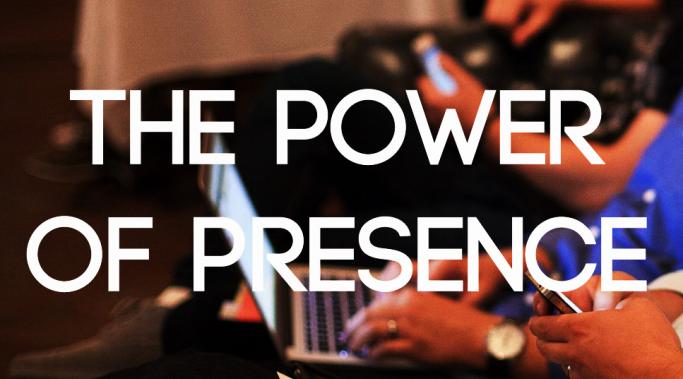Blogs
We all want to know how long it takes to heal posttraumatic stress disorder (PTSD). I know you want to heal yesterday, but the truth about PTSD, according to its diagnostic criteria, is that it doesn’t clear up overnight like a bad rash. Instead, we each have our own healing journey that has its own timeline. Settle in now for the long haul. Be realistic about what you are attempting to do. Give yourself permission to take the time you need. Decide you will be patient. And remember, how long it takes to heal posttraumatic stress disorder varies.
Having friends with mental illness can be good for your recovery. However, when you have a mental illness it can be hard to choose the right friends to involve in your mental illness recovery. One way to choose a good person is to seek out friends who also have mental illness to help you through your recovery. Having a friend who understands about living with your disease can coach you through difficult times as well as provide company through the good times.
Anxiety can be horrendous, so why would anyone want to stop avoiding anxiety and instead practice acceptance and commitment therapy? Avoiding anxiety can make a lot of sense. After all, anxiety can cause our thoughts to race with fear and worry, it can make our emotions spiral out of control, and it can create a whole host of awful physical symptoms from head to toe.
You probably know that 12-step groups help with things like alcoholism and codependency, but did you know 12-step groups can also help anxiety disorder? Such groups are a great way to alleviate loneliness, plus they help with building self-esteem and gratitude. Over time, 12-step groups can help the pain of anxiety disorder.
Hello, my name is Kristen Virag, and I am very pleased to be the co-author of the Mental Health for the Digital Generation blog. I have had two major episodes of anxiety, depression and depersonalization (where your thoughts and feelings feel like you're not your own and you lose your own identity) which left me in a very crippled state for several months. I now consider myself recovered, but I pay special attention to myself and care for myself daily to make sure I never relapse.
It's important to keep calm when others put you down and that means staying level headed and reacting in a healthy way. Being put down by others can trigger self-esteem issues and cause emotional distress, if you allow it. The reality is that there will be people who put you down. Most people experience put downs at some point; and these can come from anyone including family members, peers, bullies or even strangers. The good news is that you can learn to keep calm and cope better when others put you down.
Learning the practice of presence will help you live your best life. The practice of presence helps you enjoy your life as you live it and keeps you from getting sucked in to the pursuit of perfection.
People with schizophrenia and schizoaffective disorder deal with stigma every day, but they have to deal with ableism as well. Ableism assumes that everyone functions at the normative capacity; and that’s just not true, including for people with a mental illness. For example, a facility without a ramp for people who are in wheelchairs would be a place of ableism. Ableism can also mean teasing someone with schizophrenia about leaving a party early. But self-inflicted ableism and schizophrenia and schizoaffective disorder can be the worst stigma of all.
It's easy to overlook hydration when you have binge eating disorder. It's easy to overlook it when you don't have binge eating disorder. However, hydration should be an important thing for everyone, especially when you have binge eating disorder as dehydration can lead to overeating.
Do you need help finding a reason to live if you have a mental illness? For a long time I did. In spite of having a good treatment team, I just couldn't snap out of my depressive funks. I was frequently suicidal. Then I found my reason to live. Finding a reason to live when you have a mental illness can be just as vital to your treatment as finding the right medication and finding the right therapist.









